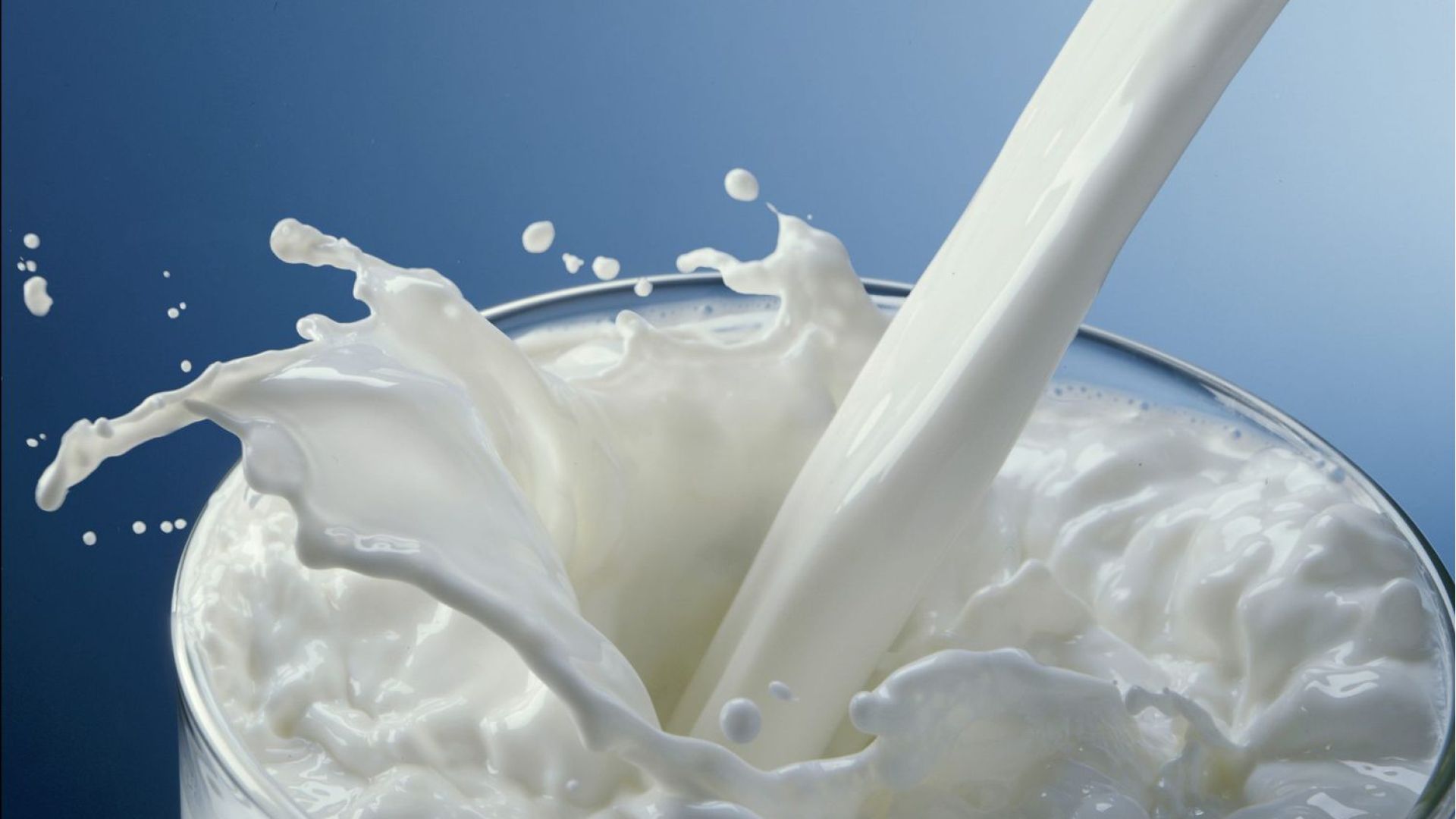The situation of the global synthetic milk market

Food-tech start-ups are using precision fermentation technologies for another alternative to cow’s milk. This segment’s future remains vague as conservative consumers are not likely to quickly embrace synthetic products. While lab-grown meat has already been around for some time, lab-grown dairy is something consumers do not frequently hear about.
“Synthetic milk is still a somewhat emerging industry, with many start-ups in their research and development phase. However, some companies are leading the way with products already in the market,” comments Milena Bojovic, a PhD candidate at Macquarie University, Australia. She pointed to the US-based company Perfect Day as one of the examples of a start-up working in this field.
‘We’re changing the process, not the food’ – this is Perfect Day’s slogan, reflecting the key feature of precise fermentation technologies. Ultimately, it will showcase products indistinguishable from cow’s milk. The milk from bioreactors will have the same taste, appearance, mouthfeel and good nutritional value.
Milk obtained through precision fermentation, referred to as ‘synthetic milk’, is environmentally friendly. “Because this novel form of animal protein can be produced without a cow, there is a significant opportunity to reduce methane and carbon emissions, water pollution, land use and animal welfare concerns,” Bojovic explains.
While the short and mid-term outlook of the synthetic milk segment is not yet clear, analysts express confidence that the products obtained through precise fermentation will gain a foothold on the market in due course. As precision fermentation technologies are becoming more advanced, synthetic milk is expected to become more affordable over time. One of the start-ups, Australia-based All G Foods, has rolled out plans to make its synthetic milk cheaper than cow’s milk in the short term. “Novel proteins like synthetic milk offer another pathway to increase sustainable food production.” Bojovic added.